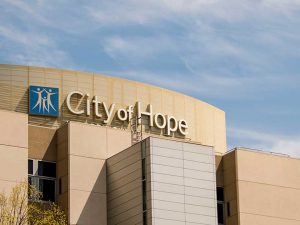A profound, difficult, seemingly impossible human journey begins with the words, “you have cancer.”
This column in The Cancer Letter features the latest posts to the Cancer History Project by our growing list of contributors.
Sometime in 1995, Edith Mitchell, a U.S. Air Force oncologist who at the time served as commander of the 131st Medical Squadron at Lambert-St. Louis International Airport, first heard the name Jane Cooke Wright.
As the Cancer History Project gets underway, our archives are growing. Now featuring past issues of The Cancer Letter from 1973-2014 and The Clinical Cancer Letter from 1977-2014, the database is becoming a fun place to explore. Go ahead, do a search for your mentors, and unearth lost quotes from times passed.
The National Cancer Institute approved the following clinical research studies last month.
FDA has granted accelerated approval to Tepmetko (tepotinib) for adult patients with metastatic non-small cell lung cancer harboring mesenchymal-epithelial transition exon 14 skipping alterations.
The Committee for Medicinal Products for Human Use of the European Medicines Agency has adopted a positive opinion recommending approval of an expanded label for Keytruda (pembrolizumab).
More than half (56.4%) of cancer survivors in the United States reported having additional underlying medical conditions associated with severe COVID-19 illness.
A combination of genetic mutations may explain the higher incidence of and poorer outcomes from pediatric leukemia in Hispanic and Latino children, according to Penn State College of Medicine researchers.
Researchers from the Patrick G Johnston Centre for Cancer Research at Queen's University Belfast are leading an international consortium that aims to determine better ways to treat patients diagnosed with the earliest stages of bowel cancer.









